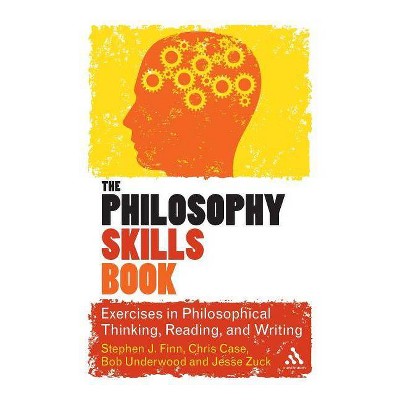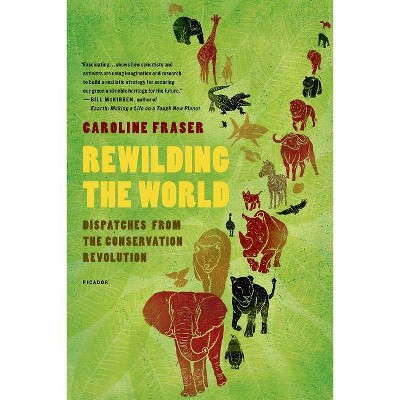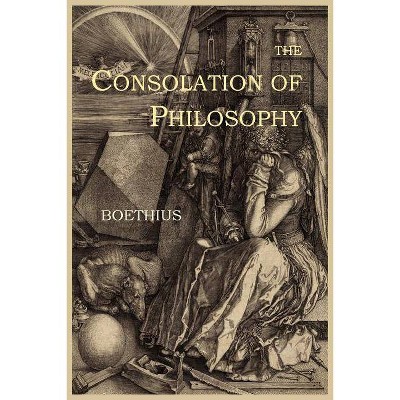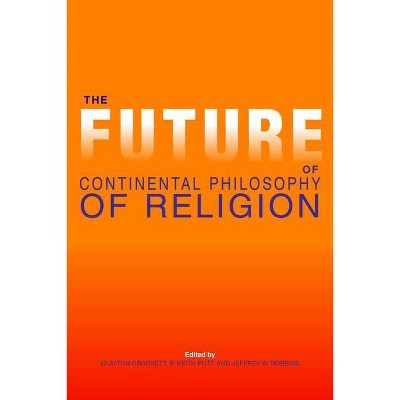The Philosophy of the Mòzĭ - by Chris Fraser (Paperback)
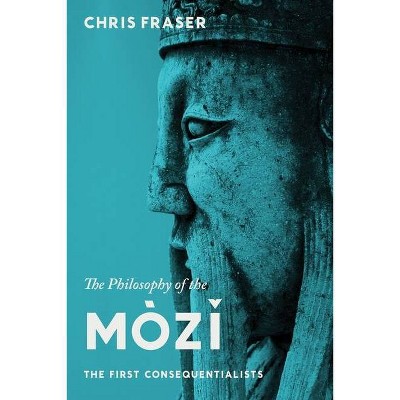
Similar Products
Products of same category from the store
AllProduct info
<p/><br></br><p><b> About the Book </b></p></br></br><p>Mohism was an ancient Chinese philosophical movement founded in the fifth century B.C.E. by the charismatic artisan Mozi, or "Master Mo." The Mohists advanced a consequentialist ethics that anticipated Western utilitarianism by more than two thousand years and developed fascinating logical, epistemological, and political theories that set the terms of philosophical debate in China for generations. They were the earliest thinkers to outline a just war doctrine and to explain the origin of government from a state of nature. Their epistemology and psychology provide intriguing alternatives to contemporary Western mentalism. <i>The Philosophy of the Moz</i><i>i</i> is an extensive study of Mohism that immerses readers in the Mohist worldview, situates the movement's rise and decline within Chinese history, and highlights its relevance to modern thought.</p><p/><br></br><p><b> Book Synopsis </b></p></br></br>Mohism was an ancient Chinese philosophical movement founded in the fifth century BCE by the charismatic artisan Mòzi, or "Master Mo." Its practitioners advanced a consequentialist ethics, along with fascinating political, logical, and epistemological theories, that set the terms of philosophical argumentation and reflection in China for generations to come. Mohism faded away in the imperial era, leaving the impression that it was not as vital as other Chinese philosophical traditions, yet a complete understanding of Confucianism or Daoism is impossible without appreciating the seminal contribution of Mohist thought. <p/><i>The Philosophy of the Mòzi</i> is an extensive study of Mohism, situating the movement's rise and decline within Chinese history. The book also emphasizes Mohism's relevance to modern systems of thought. Mohism anticipated Western utilitarianism by more than two thousand years. Its political theory is the earliest to outline a just war doctrine and locate the origins of government in a state of nature. Its epistemology, logic, and psychology provide compelling alternatives to contemporary Western mentalism. More than a straightforward account of Mohist principles and practice, this volume immerses readers in the Mohist mindset and clarifies its underpinning of Chinese philosophical discourse.<p/><br></br><p><b> Review Quotes </b></p></br></br><br>Fraser's book is charitable--persuasively rebutting many standard criticisms of the Mohists--and yet critically engaged with the details of the Mohists' provocative positions. The philosophical study of the Mòzicomes of age in this outstanding book.--Stephen C. Angle, author of <i>Sagehood: The Contemporary Significance of Neo-Confucian Philosophy</i><br><br>Not only the best study of the philosophy of the Mòzi, but one of the best studies of any classical Chinese philosopher.--Franklin Perkins, author of <i>Heaven and Earth Are Not Humane: The Problem of Evil in Classical Chinese Philosophy</i><br><br>Fraser is a gifted writer and expositor. Mo Di was not only the first consequentialist but also the first just war theorist, the first critic of extravagant ritual, the first critic of family-first ethics, and the first philosopher to offer what analytic philosophers would count as rigorous arguments. A must read for analytic philosophers who work in ethics and political philosophy.--Owen Flanagan, author of <i>The Geography of Morals: Varieties of Moral Possibility</i><br><br>Fraser is at his best and his most original in arguing for an interpretation of Mohist ethical theory as an early consequentialism that builds upon his own careful and persuasive explication of a Mohist philosophy of mind and action--a sui generis social psychology that has contemporary force in challenging the persistent subjective, individualist, and representational assumptions of our old common-sense psychology.--Roger T. Ames, author of <i>Dao De Jing: A Philosophical Translation</i><br><p/><br></br><p><b> About the Author </b></p></br></br>Chris Fraser is associate professor in the Department of Philosophy at the University of Hong Kong. His articles on the classical Chinese philosophy of language, ontology, epistemology, ethics, and psychology have appeared in the <i>Journal of Chinese Philosophy</i>, <i>Asian Philosophy</i>, <i>Philosophy East and West</i>, <i>Journal of Chinese Philosophy and Culture</i>, and <i>New Asia Academic Bulletin</i>.
Price History
Price Archive shows prices from various stores, lets you see history and find the cheapest. There is no actual sale on the website. For all support, inquiry and suggestion messagescommunication@pricearchive.us
